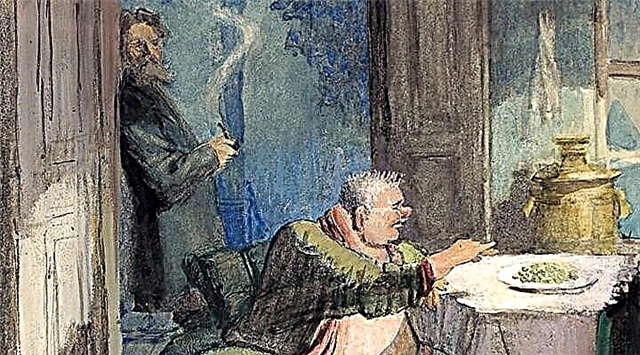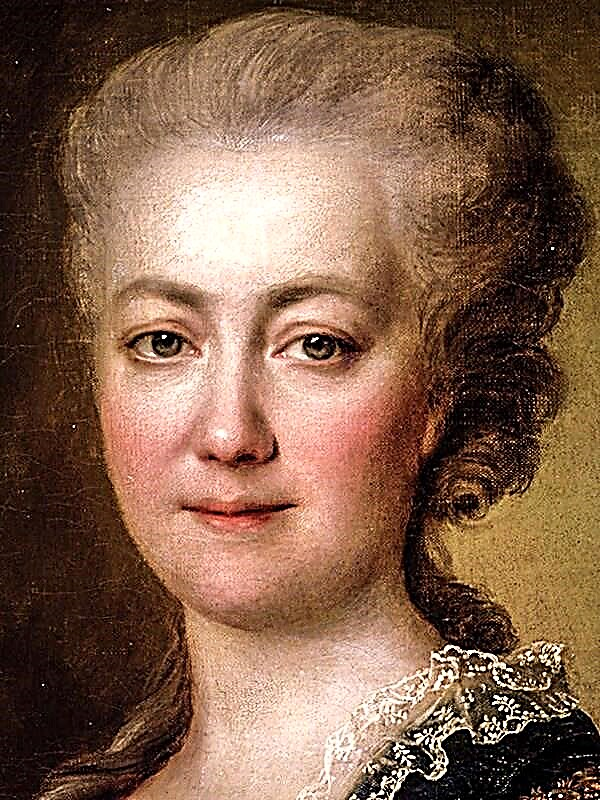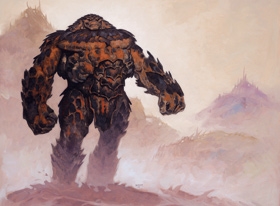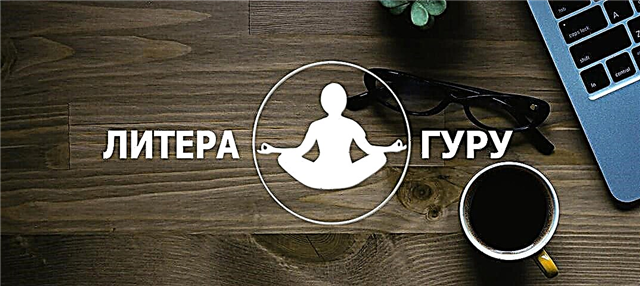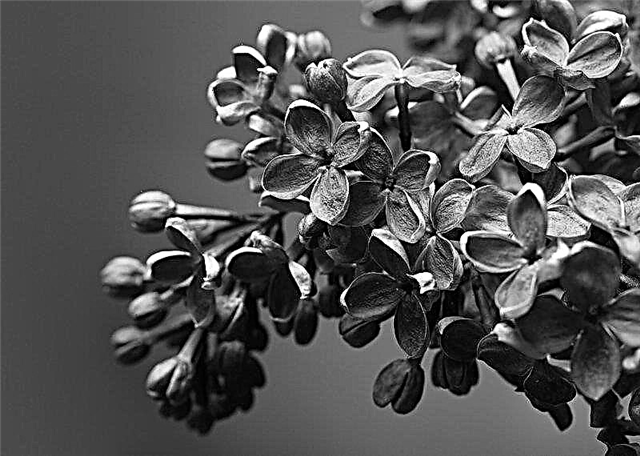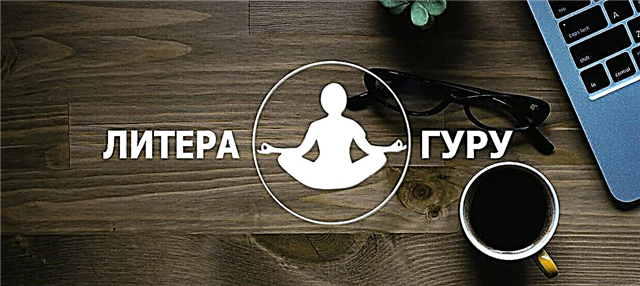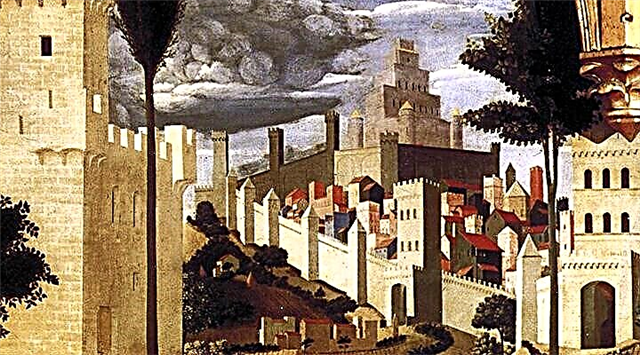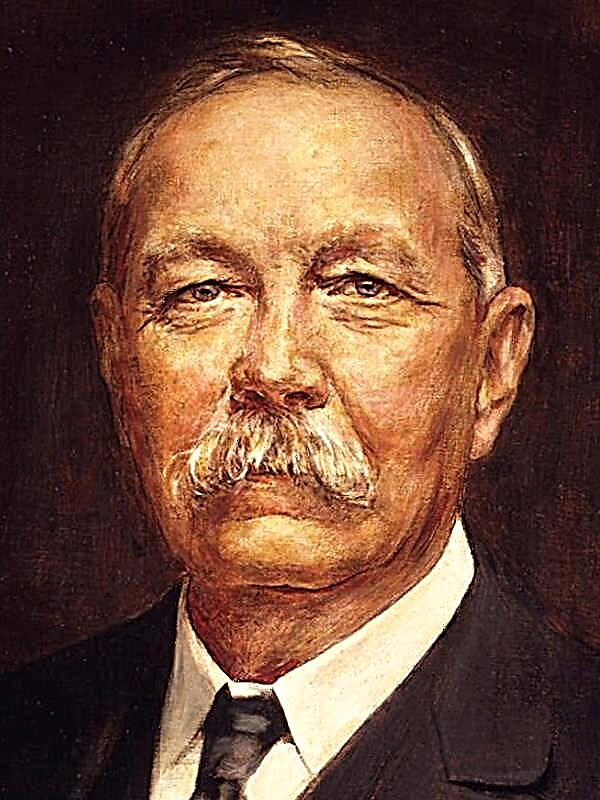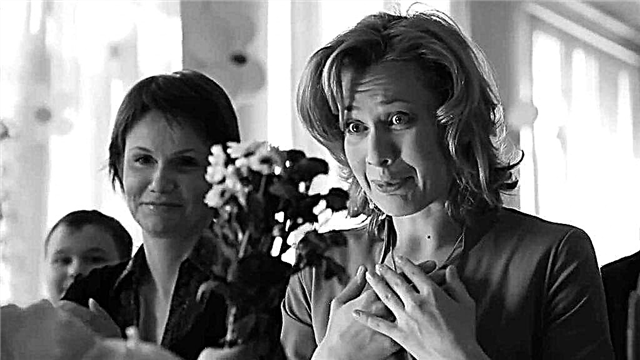It's no secret that creativity requires courage. People are not always ready to hear the truth from the lips of the poet, to see real life on the artist’s canvases, to receive music, not like anything from what was before. Society often ridicules and pushes the creator for his art. That is why in order to remain honest, an artist needs courage. He must be prepared to uphold his beliefs.
An example is the story from M. A. Bulgakov’s novel “The Master and Margarita”. The main character wrote a brilliant novel, which described the biblical events in a new way. But atheism was officially adopted in the USSR, no one was interested in thinking about religion, so the book was not accepted in the press, and its author was actively persecuted in the press. Unable to withstand the attack, the Master burns the hated romance, becoming the enemy of his own creativity. He no longer believes in himself and his talent. Having lost housing, he ends up in a madhouse. The author clearly shows that his hero did not have the courage to finish what he started and to shoulder the heavy burden of genuine art. He saved before difficulties and too easily abandoned what he considered the meaning of his life. Therefore, he receives a punishment from fate - separation from Margarita and a term in the house for the mentally ill.
In the poem "Requiem" Anna Akhmatova also raises the theme of courage in creativity. In the queue for the prison, one woman asked her if the poet could describe all this horror? The question was twofold, because such an attempt would entail severe punishment from the authorities. That is, there was in the form not only creative ability, but also physical, moral, strong-willed. And Anna Akhmatova replied that she could. And so it happened. In Requiem, without embellishment or embarrassment, she described the bloody state terror against her own citizens. The repression was seen through the eyes of a mother who is waiting for her son's sentence. The woman described all the pain, all the longing, all the nightmare of these months honestly and was not afraid to publish abroad. She had the courage to work in this difficult time.
The artist’s courage is the ability to speak honestly and without bias, even if you can pay for it with a career, freedom or life. This is the fundamental position of art, free from politics and anyone's interests.

